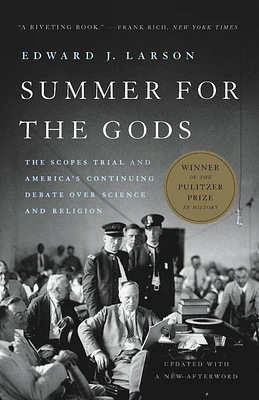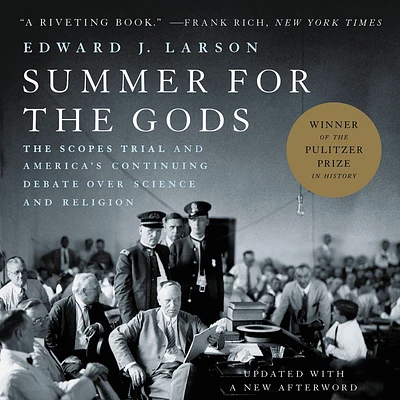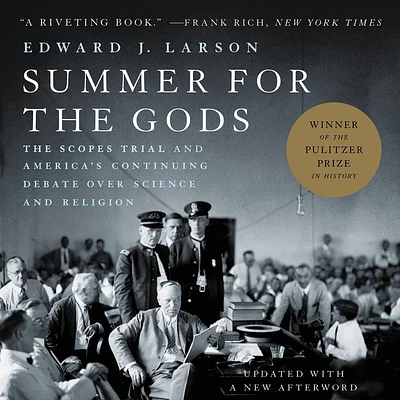Home
Inventing Ourselves Out of Jobs?: America's Debate over Technological Unemployment, 1929-1981
Loading Inventory...
Barnes and Noble
Inventing Ourselves Out of Jobs?: America's Debate over Technological Unemployment, 1929-1981
Current price: $36.00


Barnes and Noble
Inventing Ourselves Out of Jobs?: America's Debate over Technological Unemployment, 1929-1981
Current price: $36.00
Loading Inventory...
Size: OS
*Product Information may vary - to confirm product availability, pricing, and additional information please contact Barnes and Noble
Selected by
Choice
Magazine as an Outstanding Academic Title
Americans today often associate scientific and technological change with progress and personal well-being. Yet underneath our confident assumptions lie serious questions. In
Inventing Ourselves Out of Jobs?
Amy Sue Bix locates the origins of this confusion in the Great Depression, when social and economic crisis forced many Americans to re-examine ideas about science, technology, and progress. Growing fear of "technological unemployment"—the idea that increasing mechanization displaced human workers—prompted widespread talk about the meaning of progress in the new Machine Age. In response, promoters of technology mounted a powerful public relations campaign: in advertising, writings, speeches, and World Fair exhibits, company leaders and prominent scientists and engineers insisted that mechanization ultimately would ensure American happiness and national success.
Emphasizing the cultural context of the debate, Bix concentrates on public perceptions of work and technological change: the debate over mechanization turned on ideology, on the way various observers in the 1930s interpreted the relationship between technology and American progress. Although similar concerns arose in other countries, Bix highlights what was unique about the American response: "Discussion about workplace change," she argues, "became entwined with particular musings about the meaning of American history, the western frontier, and a sense of national destiny." In her concluding chapters and epilogue, Bix shows how the issue changed during World War II and in postwar America and brings the debate forward to show its relevance to modern readers.
Choice
Magazine as an Outstanding Academic Title
Americans today often associate scientific and technological change with progress and personal well-being. Yet underneath our confident assumptions lie serious questions. In
Inventing Ourselves Out of Jobs?
Amy Sue Bix locates the origins of this confusion in the Great Depression, when social and economic crisis forced many Americans to re-examine ideas about science, technology, and progress. Growing fear of "technological unemployment"—the idea that increasing mechanization displaced human workers—prompted widespread talk about the meaning of progress in the new Machine Age. In response, promoters of technology mounted a powerful public relations campaign: in advertising, writings, speeches, and World Fair exhibits, company leaders and prominent scientists and engineers insisted that mechanization ultimately would ensure American happiness and national success.
Emphasizing the cultural context of the debate, Bix concentrates on public perceptions of work and technological change: the debate over mechanization turned on ideology, on the way various observers in the 1930s interpreted the relationship between technology and American progress. Although similar concerns arose in other countries, Bix highlights what was unique about the American response: "Discussion about workplace change," she argues, "became entwined with particular musings about the meaning of American history, the western frontier, and a sense of national destiny." In her concluding chapters and epilogue, Bix shows how the issue changed during World War II and in postwar America and brings the debate forward to show its relevance to modern readers.

















